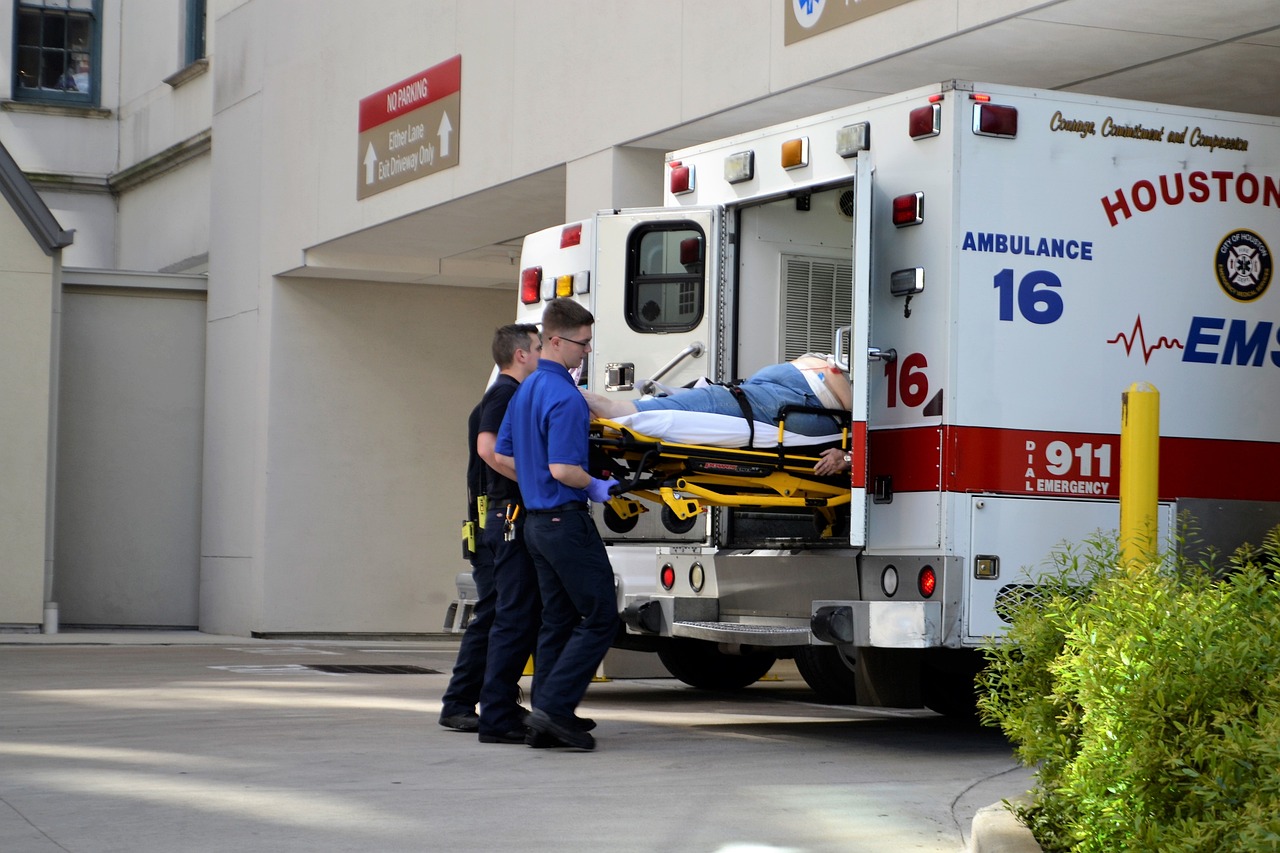Mental Health
How Traumatic Events Impact Mental Health
Witnessing a traumatic event can have a long-lasting impact on our lives. Whether it be a sudden illness, natural disaster, assault or accident, traumatic experiences cause distress. The physical effects of these events may heal over time, but for some individuals, the mental distress can have a significant impact on the quality of their lives.
How Does a Traumatic Event Affect the Body?
When you witness or experience a traumatic event, your body's defenses kick into overdrive and trigger a stress response. This response can cause you to feel a variety of physical symptoms, experience behavioral changes, and feel emotions more intensely.
The fight or flight response causes the body to produce chemicals that prepare it for an emergency. This can cause a variety of symptoms, including:
-
Elevated heart rate
-
Elevated blood pressure
-
Reduced stomach activity (loss of appetite)
-
Increased sweating
All of these symptoms are normal when going through a traumatic event. It makes it easier for you to either fight or run away.
Following the event, some people may experience shock or denial that may last several hours or days. They may also experience a variety of other feelings, including anger, sadness and even guilt.
In time, many people are able to recover and feel better.
How Does a Traumatic Event Affect Mental Health?
When the feelings associated with the traumatic event persist, it can lead to more serious mental health issues, such as depression and PTSD.
Depression
Depression causes intense emotions of anxiety, helplessness, hopelessness and negativity. These feelings stay with the person and do not heal over time.
Depression caused by witnessing a traumatic event can have a significant impact on your everyday life.
In one case, a man witnessed his wife being hit by a motorcycle. He suffered from nervous shock and depression, which caused him to experience poor concentration, low energy levels, inadequate sleep, lack of motivation, forgetfulness and headaches.
His case is not unusual. When someone witnesses a traumatic event, depression is a common symptom that may require professional help. Cognitive behavioral therapy (CBT) and talking therapies can be effective as well as anti-depressants.
Post-Traumatic Stress Disorder (PTSD)
People who experience PTSD can continue to feel intense anxiety for years after the traumatic event, even if no physical injuries were involved.
Common symptoms of PTSD include re-experiencing the event in flashbacks or nightmares, having panic attacks, avoiding places associated with the trauma, poor concentration and sleep disturbances. According to a slip and fall lawyer, something like a cluttered aisle in a grocery store could lead to an accident, causing the sufferer to potentially avoid shopping after the trauma.
PTSD is often treated through talking treatments with a clinical psychologist in which the individual is encouraged to talk about and walk through the traumatic event. Antidepressants may also be prescribed to alleviate the depression people often experience in conjunction with PTSD.
Those who experience traumatic events and continue to have symptoms associated with the event should seek professional help if the symptoms are impacting their day-to-day lives. Consider seeking help if:
-
Your feelings haven't returned to normal after 6 weeks
-
Your work and/or studies are being affected
-
You are using drugs or alcohol to cope with the feelings
-
You find it difficult to carry out everyday tasks
* This is a contributed article and this content does not necessarily represent the views of counselheal.com









Join the Conversation